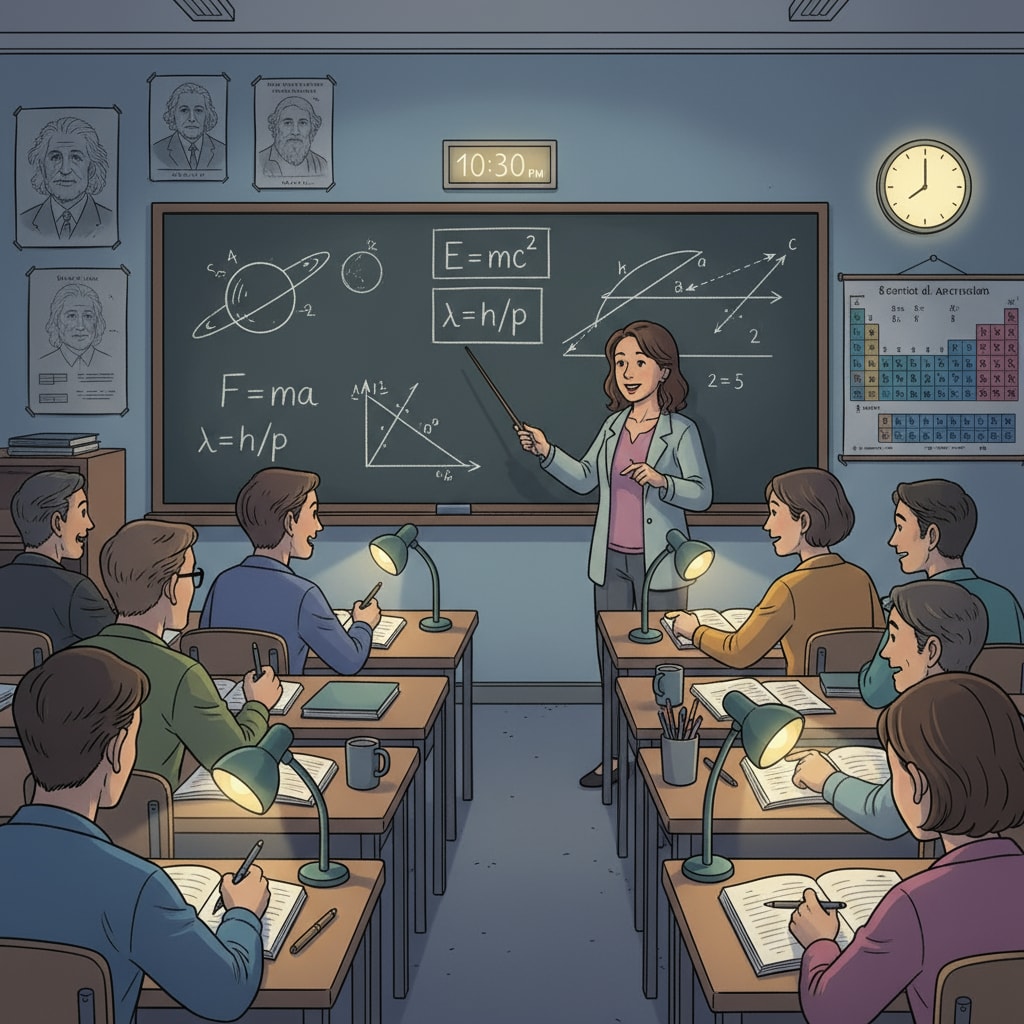In the realm of education, in-service physics teachers often seek to further their academic knowledge through postgraduate studies. The options of night schools and virtual courses have emerged as viable paths for these teachers to pursue their dreams. This article delves into these two routes, offering a comprehensive guide for physics teachers navigating the world of postgraduate education.

The Appeal of Night Schools for Physics Teachers
Night schools present several advantages for in-service physics teachers. Firstly, they offer a structured learning environment. Teachers can attend classes in person, interact with professors and fellow students directly. This face-to-face interaction can enhance the learning experience, allowing for immediate clarification of complex physics concepts. For example, in a thermodynamics class, students can engage in real-time discussions about heat transfer principles. Secondly, night schools often have well-equipped laboratories. These facilities enable physics teachers to conduct hands-on experiments, which are crucial for a deeper understanding of the subject. According to EducationData.org, hands-on learning can significantly improve retention of knowledge.

The Rise of Virtual Courses in Postgraduate Physics Education
Virtual courses have become increasingly popular in recent years, and for good reason. They offer unparalleled flexibility. Physics teachers can study at their own pace, fitting the learning around their teaching schedules. Whether it’s early in the morning or late at night, they can access course materials and lectures. Additionally, virtual courses often provide a wide range of resources. Teachers can watch pre-recorded lectures, participate in online forums, and access digital libraries. As stated by The Chronicle of Higher Education, online education platforms are constantly evolving to provide more comprehensive learning experiences.
When considering the financial aspect, many schools have tuition reimbursement policies. These policies can alleviate the financial burden of postgraduate education for physics teachers. Teachers should research and understand the details of such policies in their respective schools to make the most of this benefit. In conclusion, both night schools and virtual courses have their unique strengths for in-service physics teachers pursuing postgraduate degrees. By carefully weighing the pros and cons of each option, teachers can make an informed decision that aligns with their career goals and personal circumstances. Readability guidance: The article uses short paragraphs to present ideas clearly. Each H2 section provides key points about the options for physics teachers. The passive voice is minimized, and transition words like ‘firstly’,’secondly’, and ‘additionally’ are used to connect ideas smoothly.


